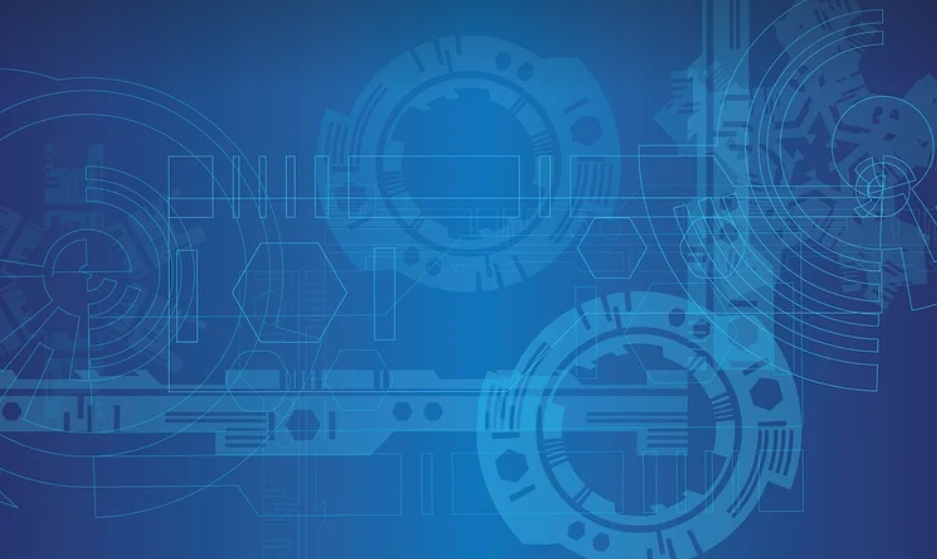
Crafting your Dream Science Project
So, you’ve got that “Eureka!” moment – a real question burning in your mind about the world around us. You want to explore it, understand it, maybe even change it! But where do we even begin with a science project?
The Art of Research: Your Toolkit for Success
Think of research as your secret weapon in the science project arena. It’s the bedrock upon which you build your whole project. Without solid research, your project will just feel like a jumbled mess of ideas.
To get started, let’s break it down into manageable steps:
- Define Your Question: You need to be clear about what you want to explore. What problem do you want to address or question that you’re curious about?
- Formulate a Hypothesis: Based on your research, create a testable prediction – a guess or explanation for your question.
- Research Like a Pro: Dive into the world of science. Read books, articles, reports, and online resources to get a deeper understanding of your topic.
- Make it Real: Plan out how you want to test your hypothesis. Think about what experiments or observations will help you answer your question.
- Data Collection is Key: When you conduct your experiments, take meticulous notes and record your findings. This data forms the foundation of your research project.
- Analyze & Interpret Your Data: Don’t just collect – analyze your data! Look for patterns in the results, compare them to what you predicted, and draw conclusions based on your observations.
The Research Plan Template – Your Blueprint
Now that you have a solid understanding of research, let’s get organized. A good research plan is like a roadmap for your project. It keeps you focused and helps you avoid getting lost in the weeds.
**Here’s a template to help you build yours.** Remember, this is just a guide; tailor it to suit your specific project:
- **Title:** Give your research project a name that reflects its subject.
- **Research Question:** What are you investigating? Be clear and concise here.
- **Hypothesis:** What prediction do you make about the answer to your question?
- **Background Research:** What have others already discovered about this topic?
- **Methodology:** How will your project be conducted? Describe your experiment, observation techniques, and data collection methods.
- **Variables:** What are the different elements you’ll be looking at (independent, dependent, control)?
- **Data Analysis:** How will you analyze your findings to answer your research question?
- **Expected Outcomes and Uncertainty:** How do your results impact the hypothesis? What are potential challenges or unexpected outcomes?
- **Timeline:** When do the tasks need to be completed, when will you collect data and analyze it?
- **Resources:** What materials, equipment, and expertise do you need for your research plan.
- **Safety Considerations:** Are there any safety precautions needed during experiments or field work?
Researching is a Journey, Not a Sprint
Remember, research is an ongoing process. You’ll learn more as you go, and your project will evolve as you delve deeper into the subject. Stay curious, stay open to new discoveries, and enjoy the adventure of learning!
***



